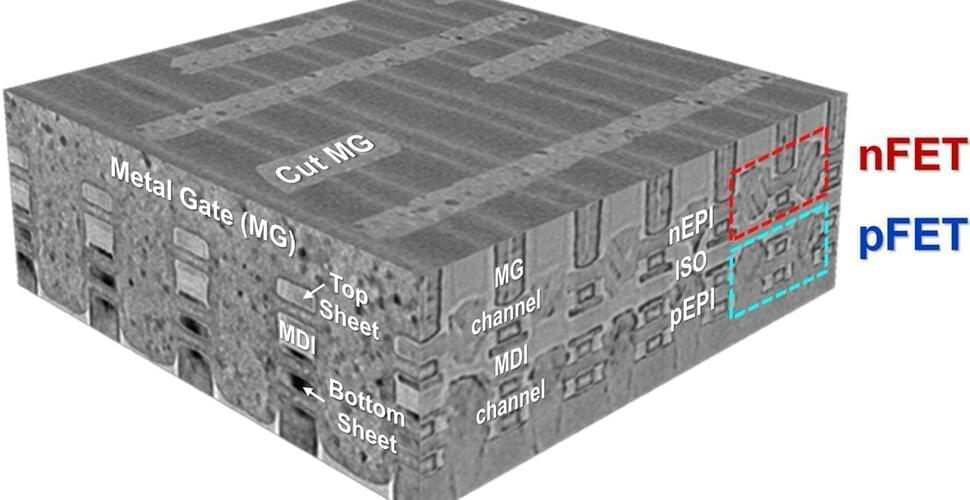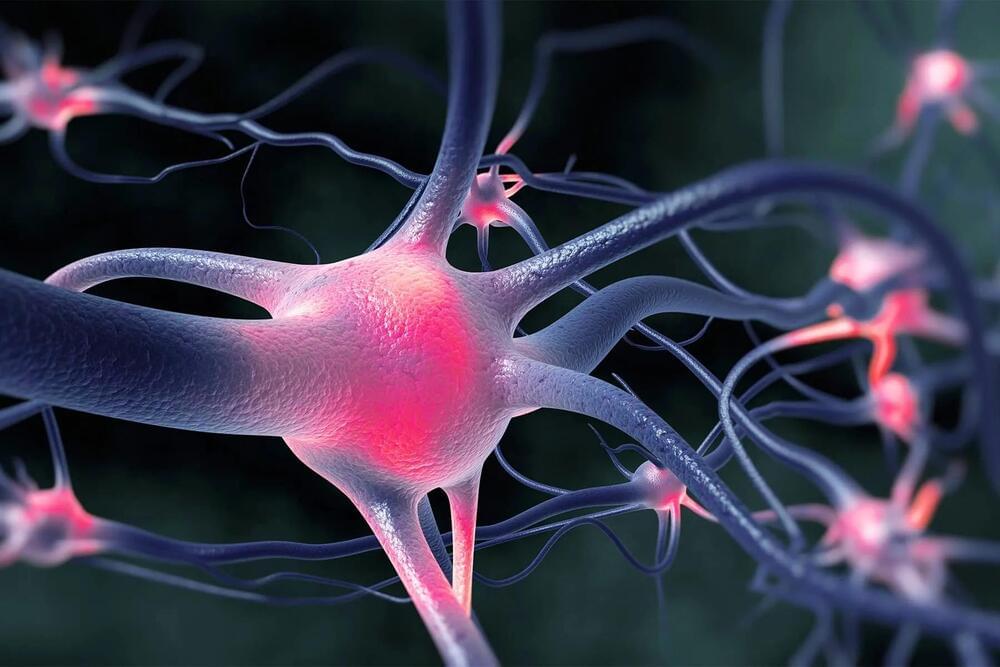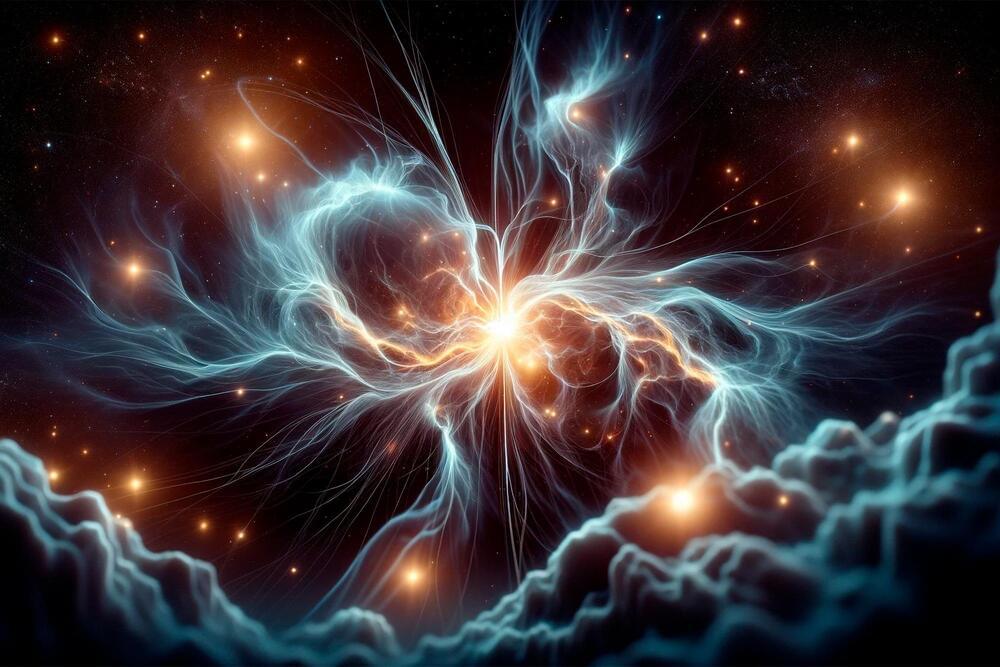The afterlife Jones made.
For as long as we have had history and likely before, people have contemplated a life after this one, but might we one day create artificial afterlives? And if so, will we create heavens or hells?\
Get Nebula using my link for 40% off an annual subscription: https://go.nebula.tv/isaacarthur\
Watch my exclusive video on Free Will \& Orch OR: https://nebula.tv/videos/isaacarthur–…\
\
Visit our Website: http://www.isaacarthur.net\
Join Nebula: https://go.nebula.tv/isaacarthur\
Support us on Patreon: / isaacarthur \
Support us on Subscribestar: https://www.subscribestar.com/isaac-a…\
Facebook Group: / 1,583,992,725,237,264 \
Reddit: / isaacarthur \
Twitter: / isaac_a_arthur on Twitter and RT our future content.\
SFIA Discord Server: / discord \
\
Listen or Download the audio of this episode from Soundcloud: Episode’s Audio-only version: / artificial-afterlives \
Episode’s Narration-only version: / space-habitats-narration-only \
\
Credits:\
Artificial Afterlives \
Science \& Futurism with Isaac Arthur\
Episode 399, June 15, 2023\
Written, Produced \& Narrated by Isaac Arthur\
\
Editors:\
Dillon Olander\
\
Graphics by: \
Jeremy Jozwik\
Ken York\
\
Music Courtesy of\
Markus Junnikkala, \




